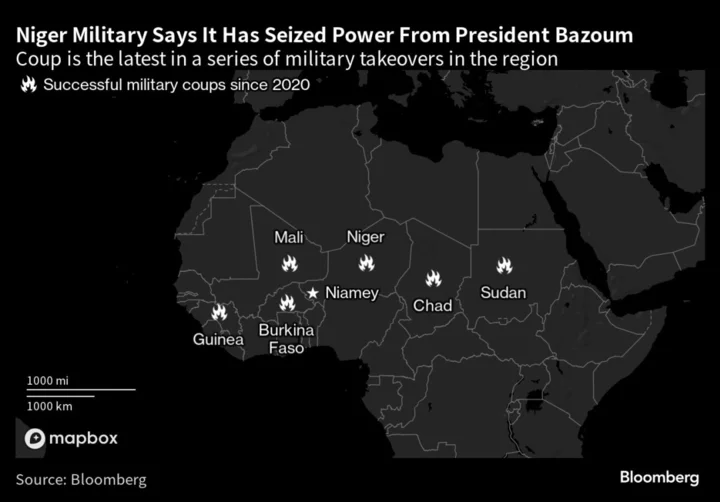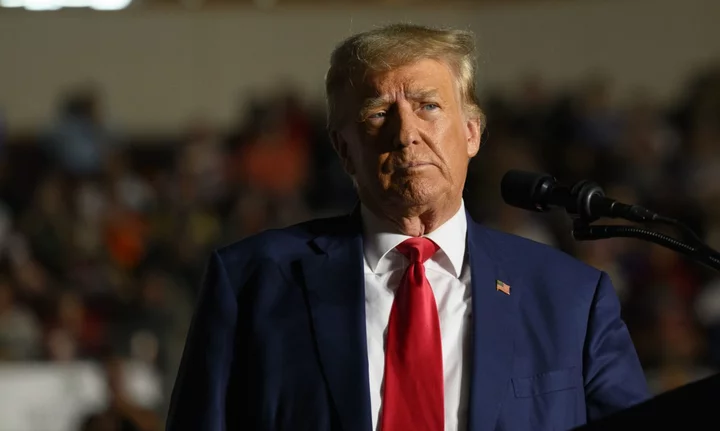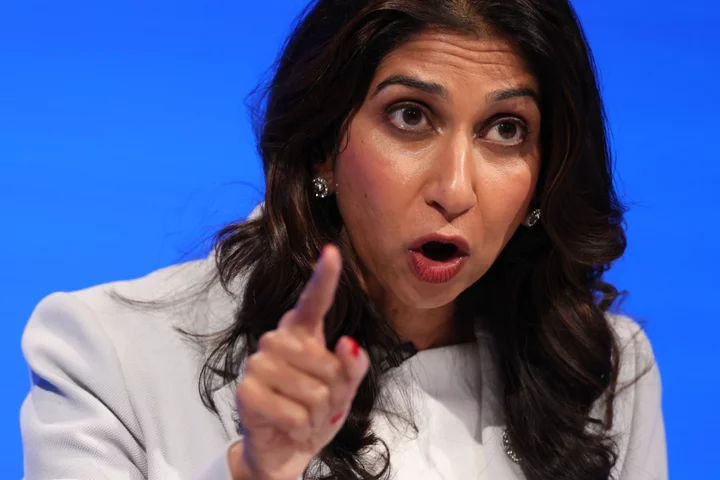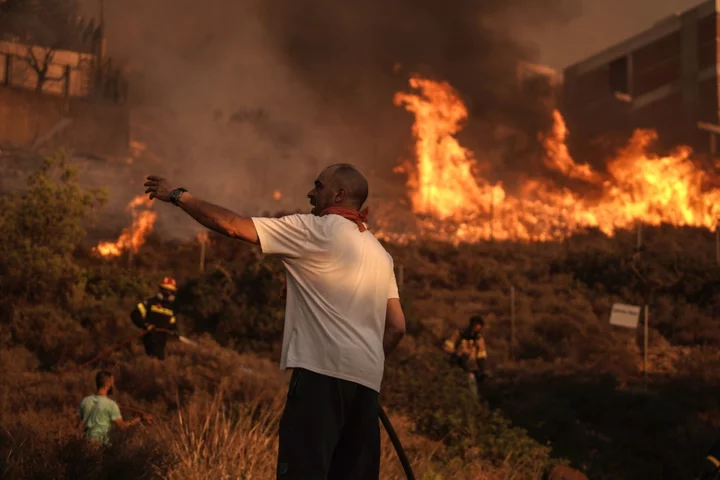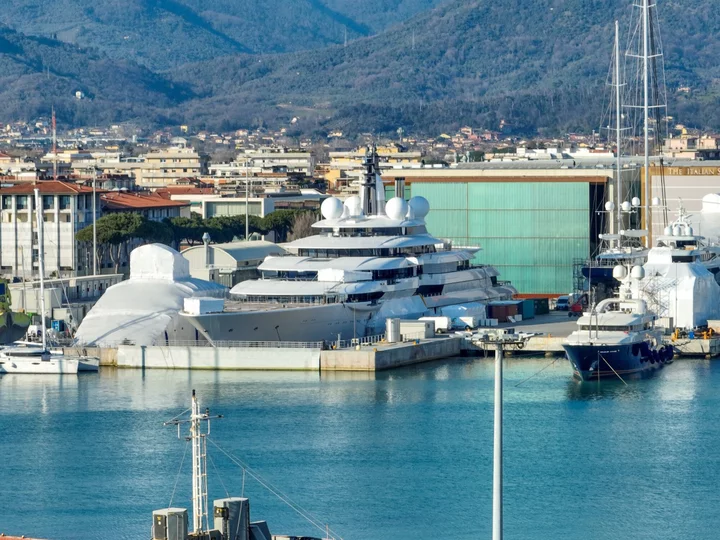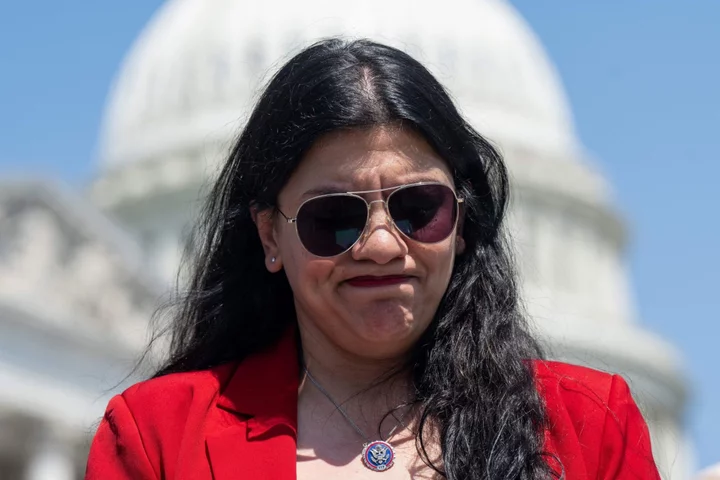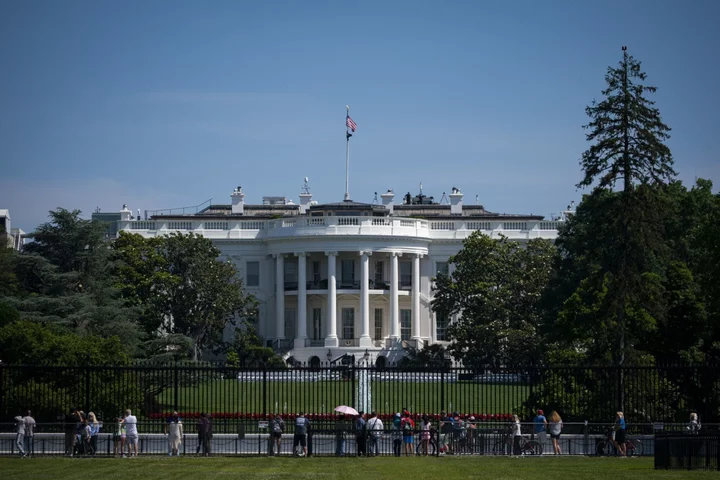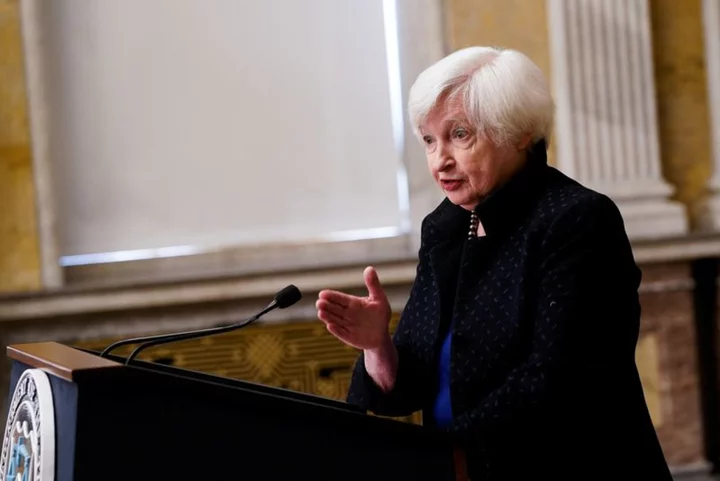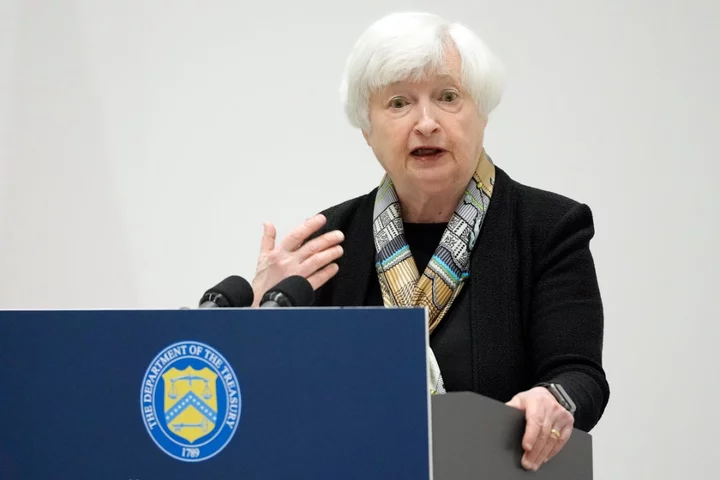(Bloomberg) --
A day after General Abdourahamane Tiani declared himself Niger’s new leader, a picture is emerging of the little known presidential guard commander whose forces overthrew President Mohamed Bazoum this week.
In his announcement on state TV, Tiani denounced domestic corruption and management of Niger’s security, while pledging to honor international partnerships that have made it a key ally for governments fighting jihadism in West Africa.
But democratic backsliding in the country — also one of the world’s top uranium producers — may make it difficult for the United Nations and the West to continue their support. Such a move could open the door for Russia, which has expanded its influence across the region in recent years, partly through the Wagner Group.
While Tiani seems to have the support of all units of the army for now, the European Union, the US and former colonial power France have all called for the reinstatement of Bazoum — who has yet to step down.
Here are five things we know about Tiani:
1. He is close to former President Mahamadou Issoufou, who appointed Tiani to head the presidential guard in 2011. Issoufou was an important partner of the West — launching both a landmark deal with the EU to stem the flow of migrants in 2015 and allowing the United States to build a drone base to target extremists in Libya and the broader region.
Read more: What’s Driving Coups in Niger and Across West Africa?: QuickTake
2. His forces repelled a coup attempt in March 2021, when a military unit from a nearby army base tried to seize the presidential palace only 48 hours before Bazoum was set be sworn in. Bazoum’s election marked Niger’s first peaceful, democratic transfer of power since its independence in 1960. Upon taking office, he kept Tiani as the head of the presidential guard, a special unit of about 700 soldiers.
3. Tiani is from the northwestern Tillaberi region near Niger’s border with Mali, which has been at the heart of Islamic State-linked violence for years. At 59, he’s much older than the soldiers that have come to power in neighboring countries in the past three years. The leaders of Mali, Burkina Faso and Chad were all in their 30s when they took control.
4. Before joining Issoufou’s personal security, Tiani led forces in the southern Zinder region near the border with Nigeria and in the northern Agadez region, which for centuries has been a hub for traffickers of migrants, contraband and illicit goods crossing the Sahara Desert. Tiani is “very discreet” and “very close to Issoufou,” former Agadez mayor Rhissa Ag Feltou said by phone.
“He’s someone who knows the system very well. He was part of the system for over a decade,” he said. “Now he turned against it at a time when the country’s suffering. These are difficult times for Niger, maybe the most challenging period in our country’s history.”
5. Tiani, a decorated general, served in UN peacekeeping missions in Ivory Coast, Sudan and the Democratic Republic of Congo. He received training in France, Morocco and the US before joining the presidential guard.
“We heard his discourse today. He points at all the problems; the corruption, the bad governance, the mismanagement of state funds,” Rhissa said. “Can he solve them? That remains to be seen.”

